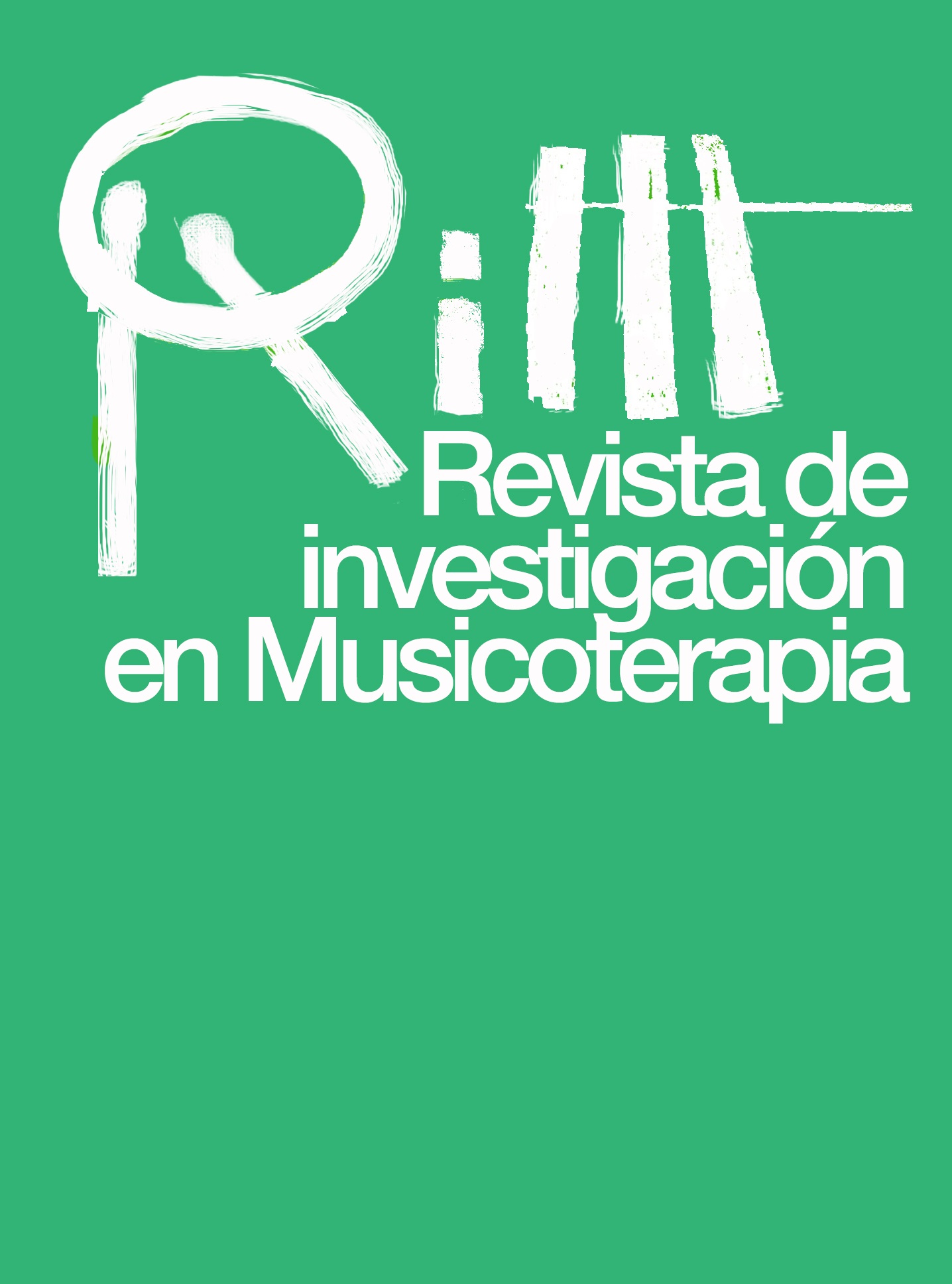Music as a form of social intervention in Argentina. A conversation with Flavia Mancini.
Keywords:
Music, Social intervention, Music therapy, Punitive confinementCopyright (c) 2021 Revista de Investigación en Musicoterapia

This work is licensed under a Creative Commons Attribution-NonCommercial-NoDerivatives 4.0 International License.
Abstract
When considering the academic and professional profile of Flavia Mancini, we found interesting to talk with her about her practices, both in the field of clinical care specifically music therapy, and in broader and interdisciplinary spaces of social intervention, particularly in contexts of punitive confinement in Argentina.
By discussing her practices, we have been able to share some of the theoretical developments that Flavia has made in her research on these experiences.
From the exchange, we have reflected on the possible scope of her conceptualizations when it comes to thinking about music in a more general meaning, that is, beyond the specifically music-therapeutic field. This allows us to warn about the theoretical tools that music therapy as a discipline can offer us to think about the possible meanings of musical practices, and, in particular, about music as a form of social intervention.
Downloads
References
Butler, J. (2017) Cuerpos aliados y lucha política. Hacia una teoría performativa de la asamblea. Ed. Paidós.
Butler, J. (2019) Cuerpos que importan. Sobre los límites materiales y discursivos del “sexo”. Ed. Paidós.
Colanzi, I. (2018) Hacedoras de memorias: testimonios de mujeres privadas de libertad en las tramas del poder punitivo (2012-2016). Tesis de Doctorado en Ciencias Sociales, Facultad de Humanidades y Ciencias de la Educación, UNLP. Disponible en: http://sedici.unlp.edu.ar/handle/10915/67414
Goffman, E. (2001) Internados: ensayos sobre la situación social de los enfermos mentales. Ed. Amorrortu.
Mancini, F. (2015) Cuerpo, música y control. La Musicoterapia dentro de una institución carcelaria. Sus aportes dentro del Programa Interministerial de Salud Mental Argentino (PRISMA). Tesis de Licenciatura en Musicoterapia, Facultad de Psicología, UBA.
Mancini, F. (2019) Rapeando en la cárcel. La música como herramienta para la construcción de narrativas identitarias de jóvenes detenidos en Argentina. Trabajo Final de Máster en Intervención Social, Cultura y Diversidad, Universidad Pablo de Olavide.
Ricoeur, P. (1996) Tiempo y narración III. El tiempo narrado. Trad. de Agustín Neira. Ed. Siglo XXI.
Small, C. (1998) Musicking - The meanings of performing and listening. University Press of New England.
Vila, P. (2001) Música e Identidad: La capacidad interpeladora y narrativa de los sonidos, las letras y las actuaciones musicales. En Ana María Ochoa Gautier y Alejandra Cragnolini (coord.): Músicas y transición. Ministerio de Cultura, Bogotá.
